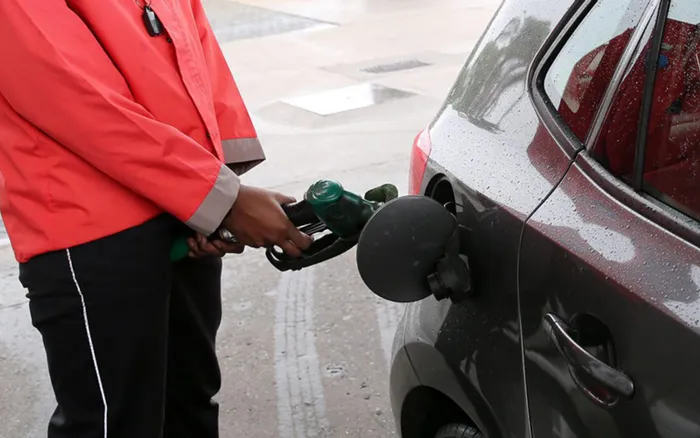Independent fuel retailers battle unfair pricing system

File picture: Motshwari Mofokeng / Independent Media.
CAPE TOWN - The liquid Fuels Wholesalers Association of SA (LFWA) has warned that the supply of fuel to rural areas may dry up as independent fuel retailers are struggling against an unfair pricing methodology system that is tilted towards the oil majors.
Before 1994, the major oil companies supplied fuel to all areas in terms of government regulations, but since then more than 3000 wholesale fuel licences have been granted, and oil companies have progressively pulled out of non-urban areas, where cost recovery margins are much thinner than in urban areas.
LFWA director Peter Morgan said on Friday that the independent wholesalers had largely picked up the distribution of fuel to non-urban areas, but the discounts that the oil refiners provided to independent wholesalers were too low, and the fuel price government regulatory system should also recognise the distribution of independent fuel retailers.
At present, the government regulations only provided a distribution and secondary storage cost recovery margin to the major oil refiners.
When the independent wholesalers queried the discounts with the oil refining groups, they simply were told to go to another oil company, and in most cases, would even refuse to unpack the discounts to the independent, said Morgan.
“The liquid fuels industry is increasingly competitive, with pricing mechanisms that do not reflect the change to the industry over the last 20 years and there is a concern that unless issues around the sustainability of current independent wholesalers, and any further new entrants, are addressed, their future is threatened,” said Morgan.
The independent retailers do 30 to 35percent of petrol sales, and supply more than 70percent of the diesel-dominated commercial market.
Despite this, the integrated fuel wholesalers, the major oil companies that also do the refining, have historically benefited from the fuel pricing regulatory structure, while the new independent wholesalers have not.
The oil majors also have to share the fuel industry pricing methodology for importing, the government controlled pipelines, cost recovery mechanisms and the pipeline depot networks, none of which the independent wholesalers currently have access to.
Fuel companies have struggled with the challenges of the Covid-19 pandemic, because while petrol stations were deemed an essential service and have been operating throughout the lockdown, fuel demand plummeted as fewer people drove due to the restrictions.
Industry sources said that while there had been a rebound in demand as restrictions on movement had been gradually lifted, trading remains below pre-lockdown levels.
Fuel retailers lost up to 80percent volumes during the level 5 and 4 lockdowns due to no product demand, and last month faced supply problems.
The Fuel Retailer Association of SA said last month that retailers were engaged in a court battle with the minister of minerals and energy regarding profit margins.
The SA Petroleum Industry Association, which represents the major oil companies, had not responded to Business Report’s questions at the time of publication.
BUSINESS REPORT